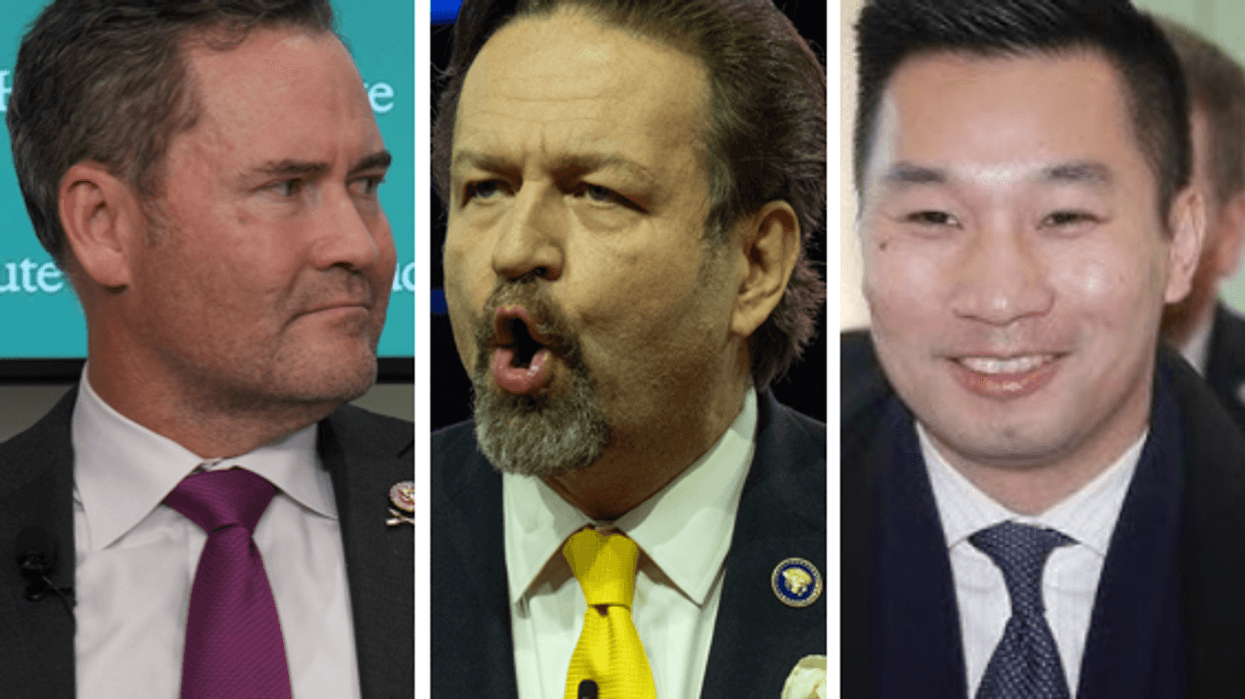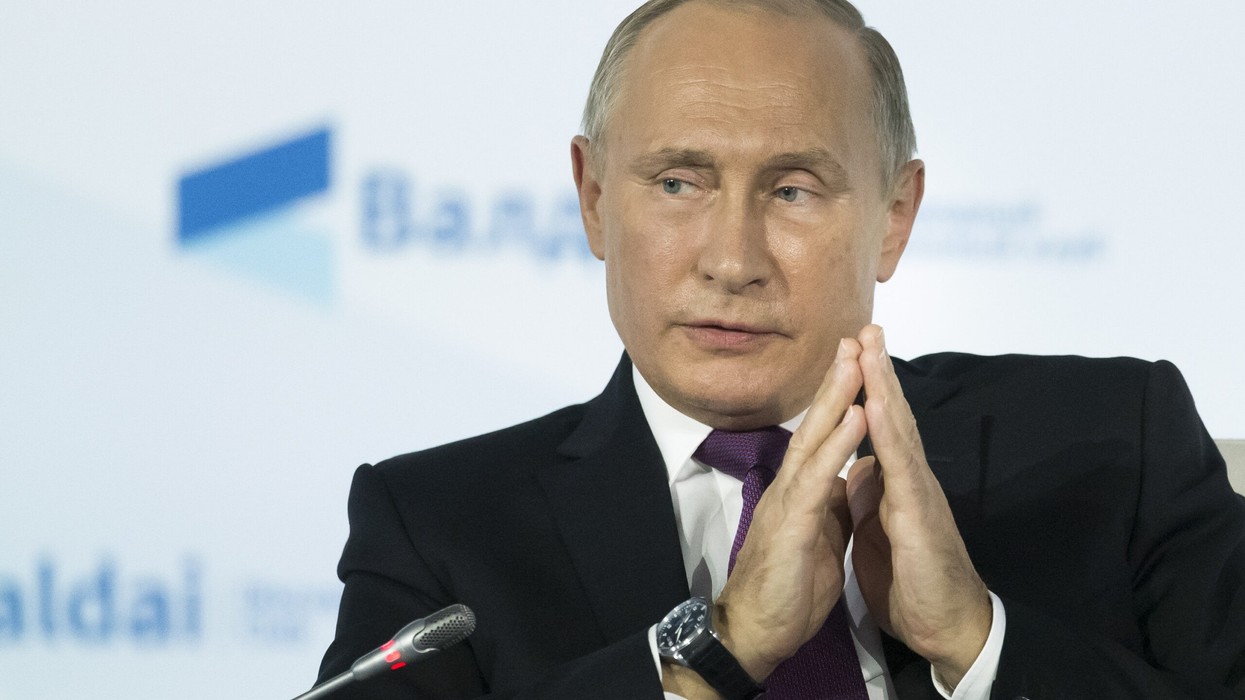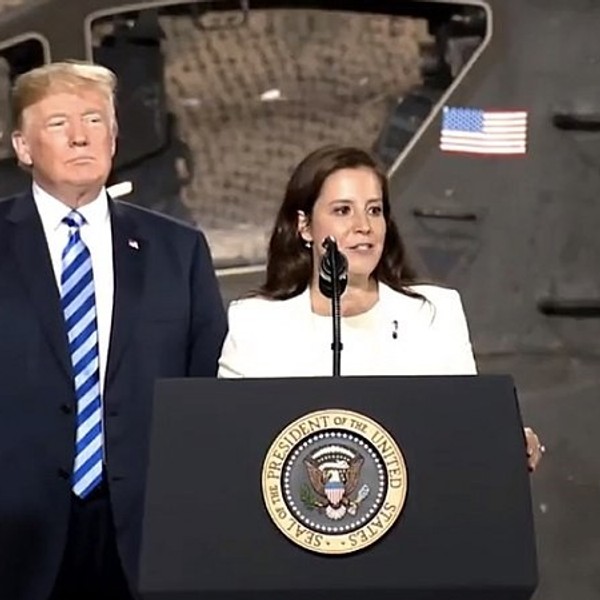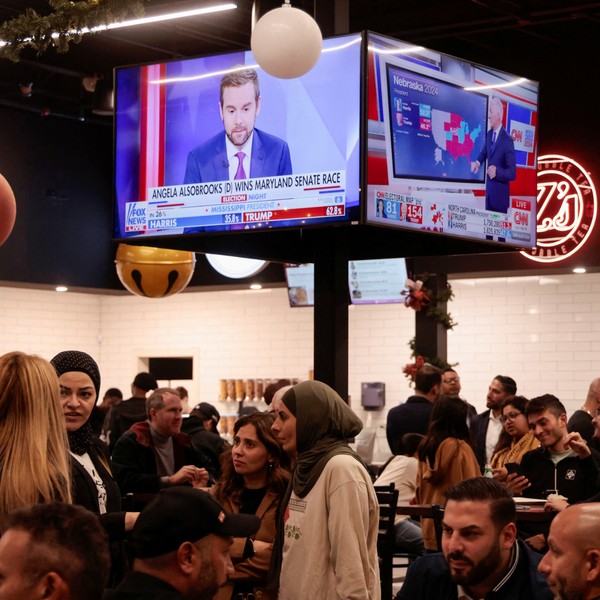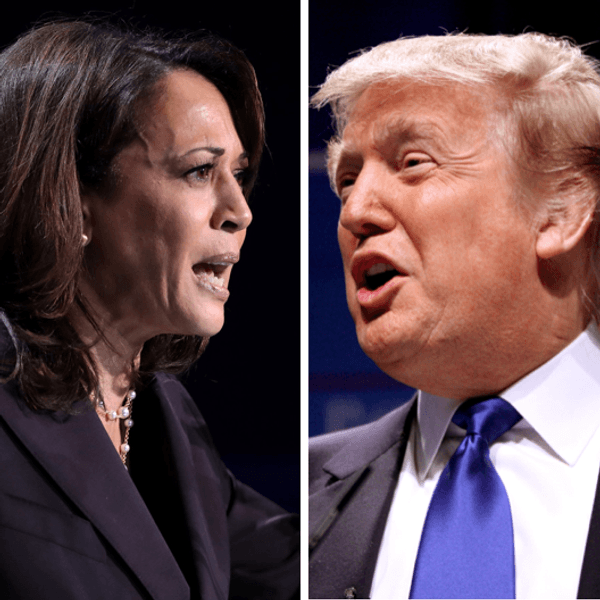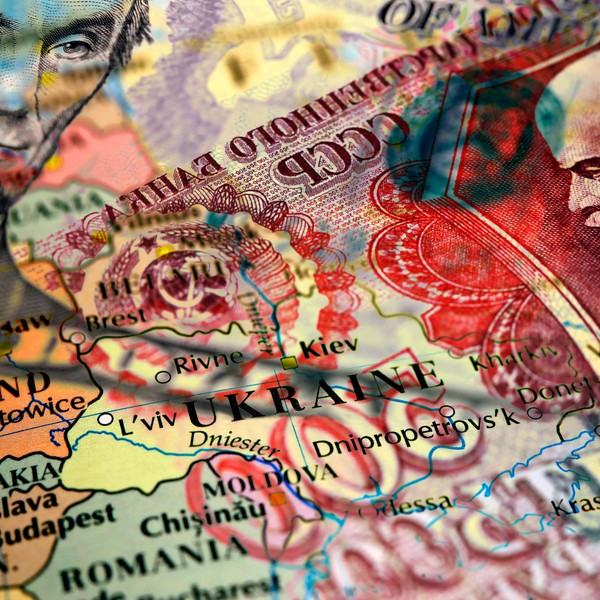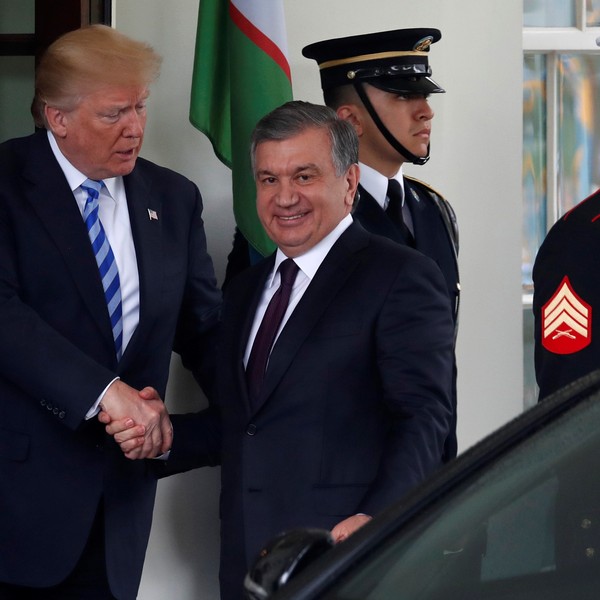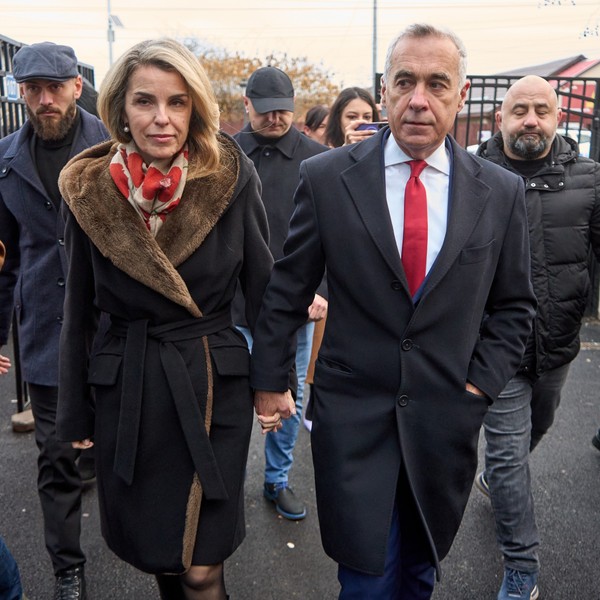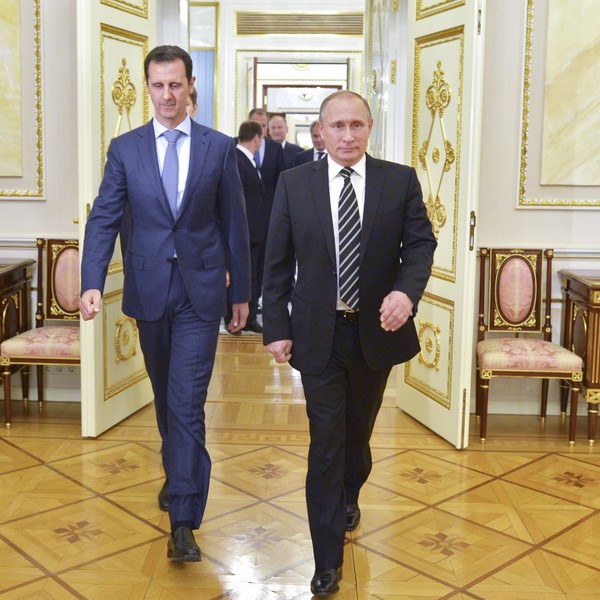A group of House Democrats wrote a letter to President Biden last week urging him to reverse Trump-era sanctions on Venezuela and Cuba. In the letter, which was organized by Reps. Veronica Escobar and Raul Grijalva, they identified the economic damage wrought by sanctions as one of the important factors driving the current migration crisis.
The signatories were a mix of Democrats from southern border states and progressives from other regions. They made a damning case against Washington’s use of broad sanctions against these two countries, and they appealed to Biden to provide sanctions relief on both pragmatic and moral grounds. The letter is the latest in a series of protests from members of Congress against the so-called maximum pressure campaigns that have remained in place under the Biden administration, and it shines a light on the human costs of the sanctions that so many people in Washington reflexively support.
While the focus of the letter was on the role of sanctions in contributing to the border crisis, the members also spelled out the destructive effects of economic warfare on the targeted populations and condemned these policies for their cruelty and their failure to achieve any U.S. goals. Their communication reflects a growing awareness among some members of Congress of the bankruptcy of economic warfare as a policy and their recognition that the U.S. cannot show solidarity with the people living under authoritarian regimes by starving and impoverishing them.
As they put it, “While the U.S. must never hesitate to stand up in defense of democratic values and human rights, we must seek to avoid policies that exacerbate the suffering of the innocent people whose freedom we seek to advance.”
The signatories called on Biden to recognize that U.S. sanctions are one of the root causes of migration from Venezuela and Cuba. While they acknowledged that there were other causes for the exodus of so many people from these countries, they also said that “experts widely agree that broad-based U.S. sanctions — expanded to an unprecedented level by former President Donald Trump — are a critical contributing factor in the current increase in migration.”
As the letter makes clear, sanctions relief is not only the right thing to do for the people of Venezuela and Cuba, but it will also help the U.S. to better manage the crisis at the border.
Unfortunately, there is very little chance that the Biden administration is going to take any of the actions that the House members recommend in their letter. The authors of the letter were very careful to identify Trump as the source of the policies they were attacking, but this seems unlikely to win Biden over. It is Biden who continued the sanctions policies that he inherited from the Trump administration for more than two years despite widespread recognition that these policies have worsened conditions in the targeted countries and backfired on the U.S. There is no question that Trump escalated these economic wars, but Biden still has not changed course.
The Venezuela and Cuba policies haven’t changed in large part because hawkish members of Congress, including Sen. Robert Menendez, the Democratic chairman of the Senate Foreign Relations Committee, have been determined to block any significant sanctions relief. In fact, Menendez sent his own letter back to Reps. Escobar and Grijalva “vehemently” disagreeing with their assessment that U.S. sanctions on Cuba and Venezuela are, as he put it, “a leading contributor” to the migration crisis.
For his part, President Biden has been unwilling to antagonize Menendez because of his important position, and prior to last year’s midterms the White House was reluctant to take any actions that might politically hurt Democratic candidates in Florida. To make matters worse, the Biden administration refuses to admit the harm done by U.S. sanctions, and they have been clinging to the belief that keeping sanctions in place provides Washington with leverage over the sanctioned states. Despite considerable evidence that broad sanctions are both destructive and useless, the administration has acted as if they are harmless and effective.
There are few policies more in need of a major overhaul than U.S. Venezuela and Cuba policies. The former has achieved nothing except to make ordinary Venezuelans poorer, and the latter is the prime example of a coercive U.S. policy that has gone nowhere for more than 60 years.
On sanctions, there is even some recognition within the Venezuelan opposition that the current policy has run its course and needs to be changed. The opposition’s representative in Washington, Fernando Blasi, called for an easing of oil sanctions last month, saying, “If we continue down this path, Venezuela is destined to be another Cuba.” To prevent Venezuela from becoming another Cuba, it is imperative that the U.S. abandon the bankrupt approach to both countries that it currently has.
One of the recurring problems in debates over U.S. sanctions is that supporters of coercive policies have substantial clout in our domestic politics and the people on the receiving end of these policies have no influence on them and very few advocates to speak on their behalf.
As sanctions expert Francisco Rodriguez observed in a new paper for the Center for Economic and Policy Research, “the populations most affected by sanctions are also voiceless in decisions about their adoption.” This imbalance has ensured that imposing sanctions carries no political risk while proposing sanctions relief practically guarantees backlash from interest groups.
The politics of sanctions may be slowly changing as more elected officials have started to speak out against these failed policies. Following the damaging failures of so many sanctions policies, there is greater awareness among policymakers that these policies have much higher human costs than originally advertised.
According to a Harris poll from earlier this year, 58 percent of Americans support sanctions relief in cases where sanctions “damage economic activity and livelihoods of ordinary citizens,” and that would apply to every use of broad sanctions around the world. If there is that much public support for sanctions relief, that suggests that there is less political risk in lifting sanctions than many politicians assume.
One of the most common misconceptions about sanctions is that sanctions relief is simply a reward for the targeted government, as if the millions of people that have to endure the crippling effects of economic war do not benefit when the war ceases. Just as ordinary people bear the heaviest burden of broad sanctions, they are also the ones that reap the rewards when the sanctions are removed.
Opposing sanctions relief for fear of aiding an abusive regime is deeply misguided. When they are under sanctions, targeted regimes tighten their grips and become even more repressive. As the Venezuelan case proves, an authoritarian ruler tends to become more entrenched in power while their people are immiserated. Sanctions relief isn’t throwing a lifeline to dictators, but it is giving one to the people that have been forced to live under them.
The House Democrats behind the letter to Biden have done an important service in calling attention to the human consequences of broad sanctions. Biden would do well to break with his current policies and chart a new course in U.S. relations with Venezuela and Cuba.

